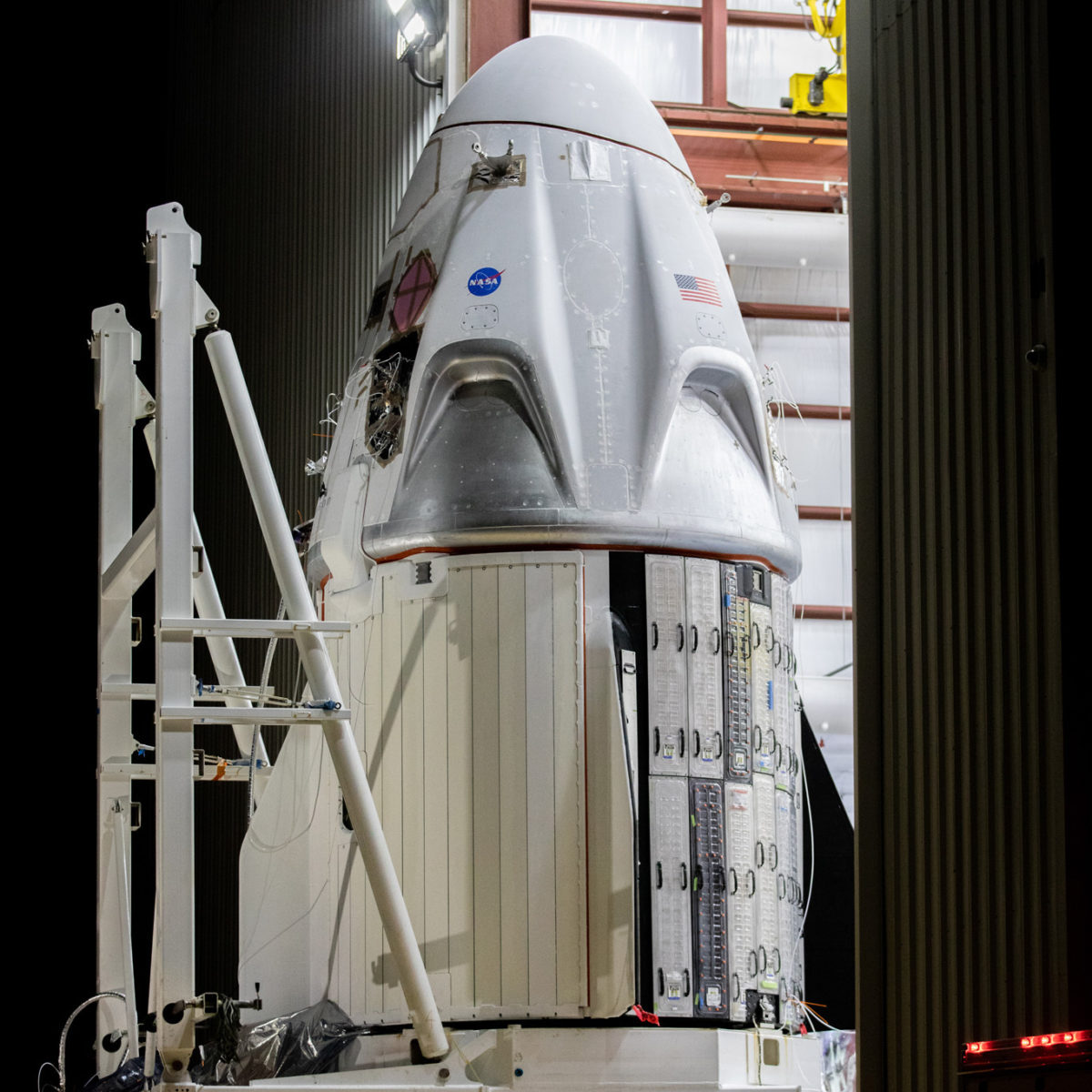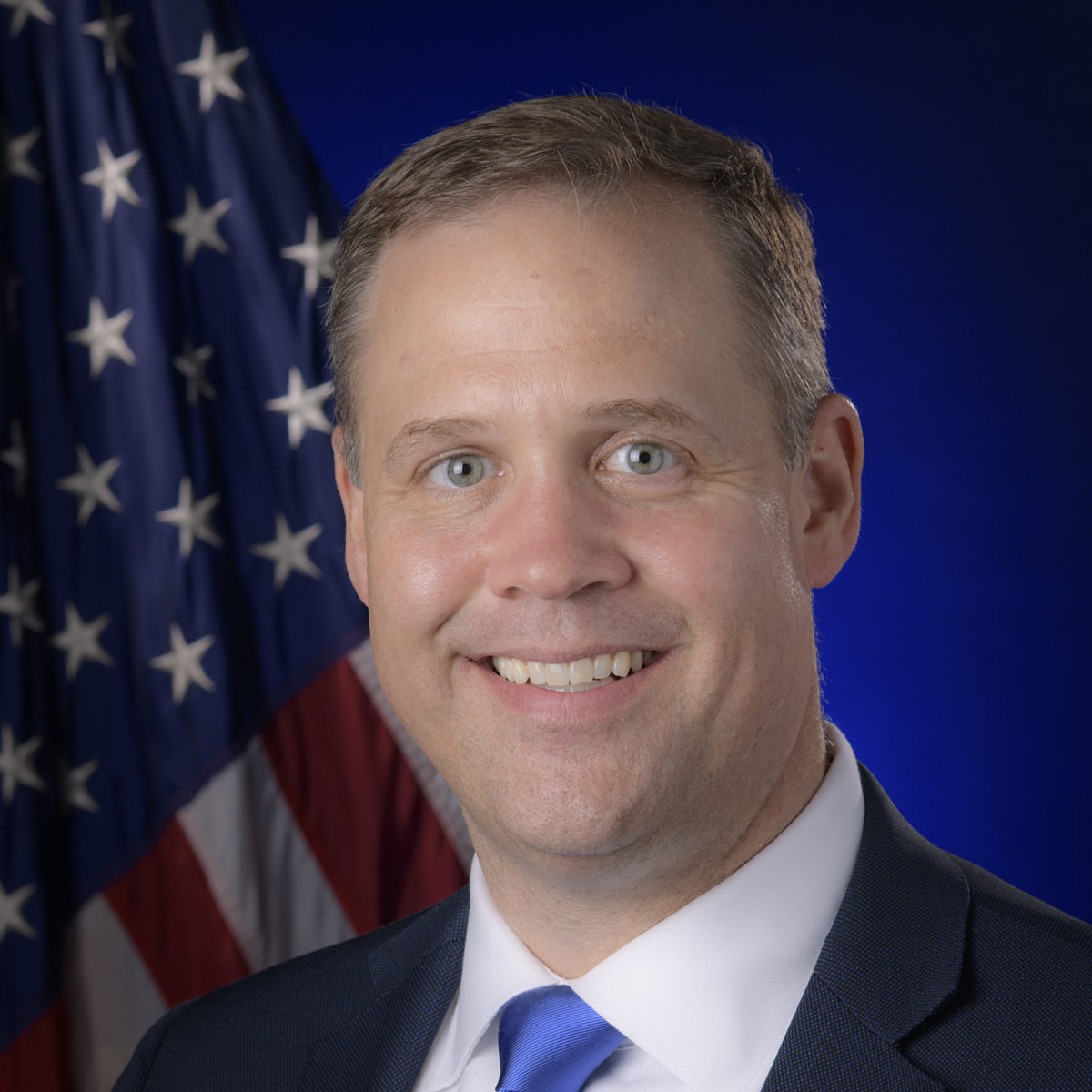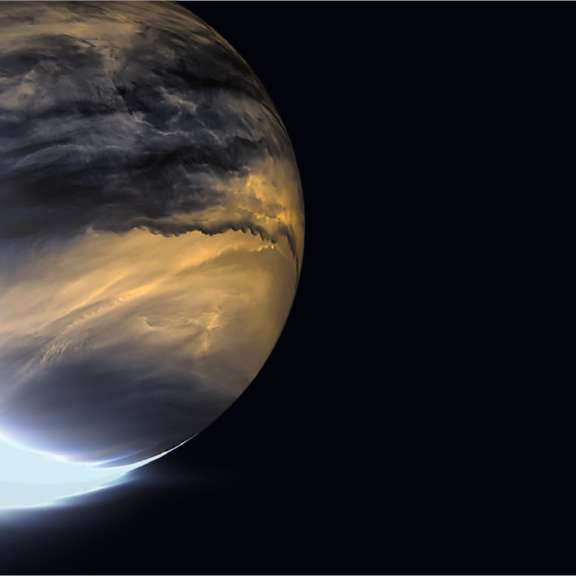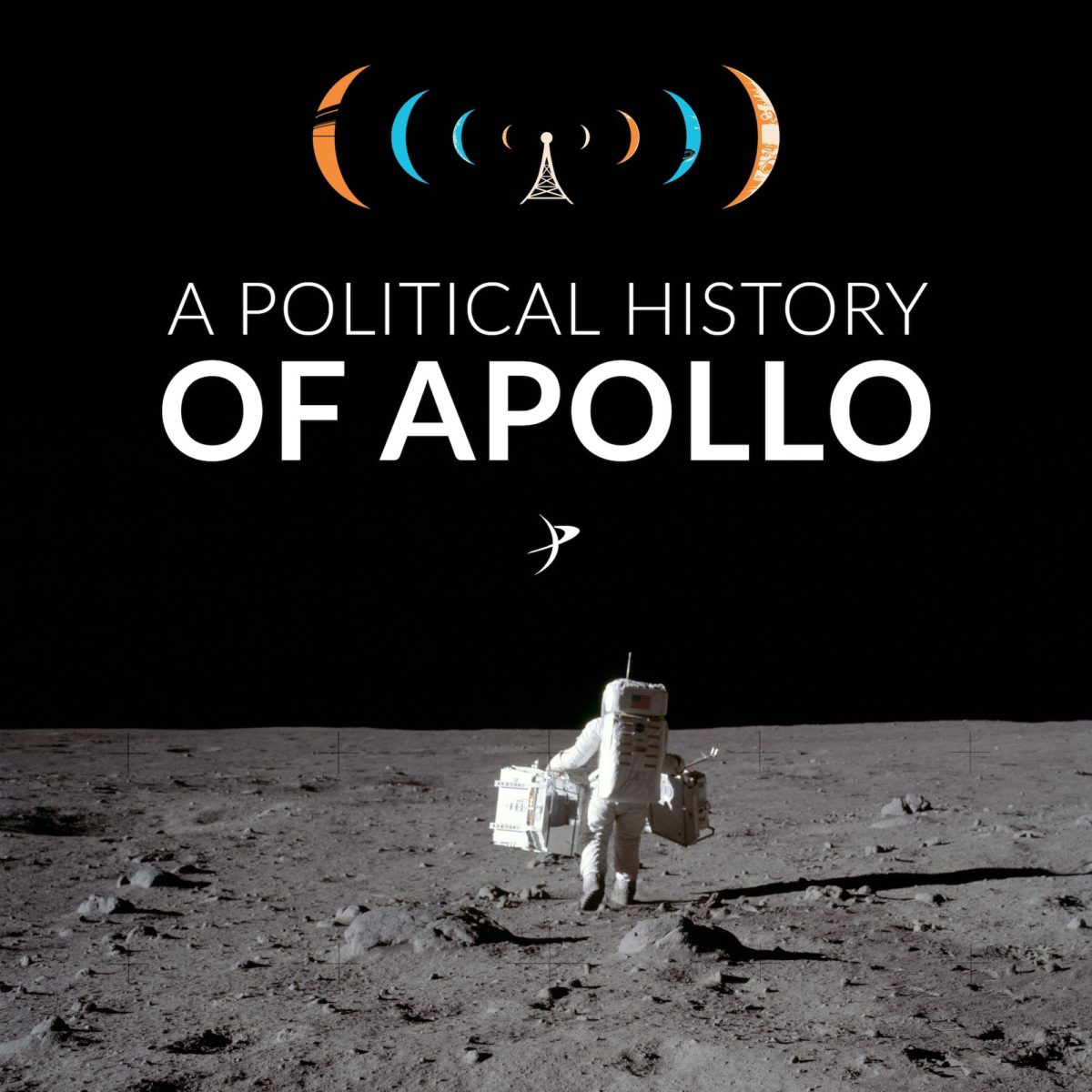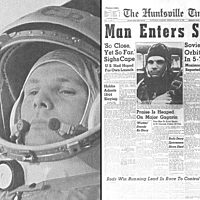Since 2002, Planetary Radio has visited with a scientist, engineer, project manager, advocate, or writer who provides a unique perspective on the quest for knowledge about our Solar System and beyond. The full show archive is available for free.
Search Planetary Radio
The safe arrival of SpaceX’s Crew Dragon at the International Space Station is a huge success for NASA and policymakers who gambled years ago on the value of commercial partnerships for the agency.
After a special message we present highlights of the successful arrival at the International Space Station of the Crew Dragon spacecraft, followed by a visit to chilly Mars with planetary scientist Edgard Rivera-Valentin.
Former astronaut Garrett Reisman helped lead development of the SpaceX Crew Dragon spacecraft that is about to carry astronauts to the International Space Station.
American astronauts are about to fly from Florida to the International Space Station for the first time in nine years, thanks to the commercial space development initiative advocated for years by Lori Garver.
Philosopher James Schwartz shares his thoughts about the ethics of space exploration, commercialization, and settlement.
The U.S. space agency’s leader describes how NASA is responding to the pandemic crisis as it works to keep projects and missions on track.
Casey and his guest discuss a bill working its way through the US House of Representatives that challenges the Artemis plan adopted by NASA for human exploration of the Moon and Mars.
Astrophysicist Javier Peralta, a team member on Japan's Akatsuki mission, takes us deep into Venus's thick, fast-moving clouds.
As NASA struggles to return humans to the Moon by 2024, it's worth asking: why did it stop in the first place? Space historian John Logsdon joins the show to discuss the politics behind the decision to abandon the Moon in 1972. Casey and Mat also discuss the proposal to offer a $2 billion prize for sending humans back to the Moon and establishing a base there, and why that's not good public policy.
Rick Davis is the perfect person to co-lead NASA’s Mars Human Landing Sites Study. No one is more devoted to putting human bootprints on the Red Planet. He returns to Planetary Radio for this inspiring and informative conversation about our progress. Bruce Betts leads off What’s Up with another brief LightSail 2 update. The Planetary Society’s solar sailing cubesat continues to raise its orbit.
Host Mat Kaplan in a long and fascinating conversation with Nicholas de Monchaux, author of Spacesuit: Fashioning Apollo. This great book is about much more than creation of the suits that allowed humans to walk and work on the Moon. Jason Davis shares pointers on looking for LightSail 2 overhead, while Bruce Betts provides a solar sail update in this week’s What’s Up. And you might win a Planetary Radio t-shirt!
Did the public support Project Apollo? Dr. Emily Margolis joins the show to explore the domestic politics and cultural impact of the space age throughout the 1960s. Despite the success of the lunar landings, there was more opposition to Apollo than we generally remember.
In the final episode, producer Mat Kaplan joins Casey to reflect on the lessons and legacy of Apollo. Was it a burden on the space program or a gift for future generations? What can we take away from this single data point of humans walking on another world? And what should we be wary of?
After more than a decade's worth of work and billions of dollars spent, the United States could send humans to the surface of the Moon whenever it wanted. But after landing only six times, the country just walked away, closing down production lines, laying off tens of thousands of workers, and committing humans to low-Earth orbit seemingly indefinitely. Why did it end? And was this inevitable?
Poppy Northcutt was a pioneer—the first woman to work as an engineer in Apollo Mission Control. The program she helped to create got the astronauts back to Earth. Fifty years later, she sits down with Mat Kaplan for a look back.
In 1964, 40% of the public did not approve of Project Apollo, and more than 50% did not think the moon shot was "worth the cost" throughout the 1960s. Kennedy himself questioned the commitment and considered cooperating—instead of competing—with the Soviet Union in space. At the same time, there was an explosion of space-related pop culture and citizen engagement with the space race. Dr. Emily Margolis, whose dissertation was titled Space Travel at 1G: Space Tourism in Cold War America, joins the show to explore the complicated politics of the home front during Project Apollo.
The Soviet space program launched the first artificial satellite, the first man, and the first woman into space. Soviet cosmonauts performed the first spacewalk and piloted the first two-person spacecraft. But it was the United States that placed the first humans on the surface of the Moon. What happened? Dr. Asif Siddiqi, author of Challenge to Apollo: The Soviet Union and the Space Race (PDF Download), helps answer that question.
Space historian Dr. Roger Launius joins the show to explain why Apollo happened the way it did, how a moonshot briefly became a solution to a national security problem, and why it is unlikely to happen again.
When President Kennedy announced Project Apollo, the United States was locked in a global ideological conflict with the Soviet Union. But how did the idea of a Moon shot come to be the answer to a political problem? And why did it happen when it did? Dr. Roger Launius, former Chief Historian of NASA and currently the Principal at Launius Historical Services, explains why Apollo happened and where it came from. His latest book, Apollo's Legacy: Perspectives on the Moon Landings is available now.
The U.S. won the space race in July of 1969 with the success of Apollo 11. But was the Soviet Union even racing? How close were they to beating the United States to the Moon?


 Explore Worlds
Explore Worlds Find Life
Find Life Defend Earth
Defend Earth




